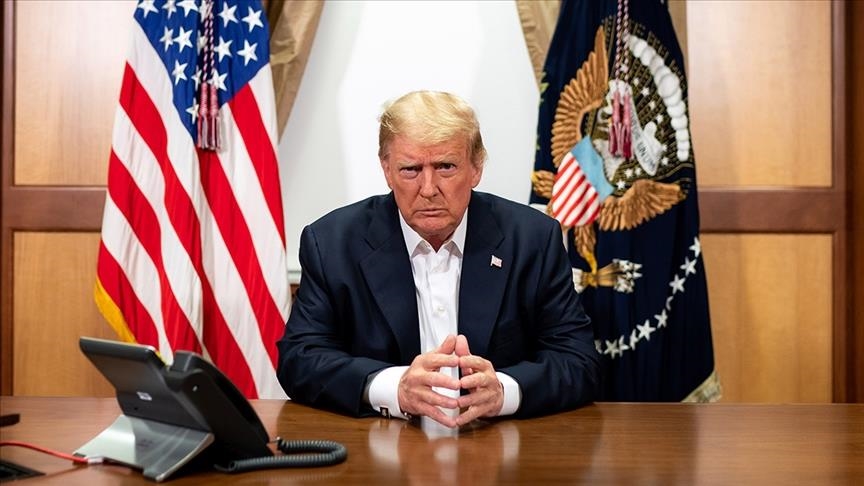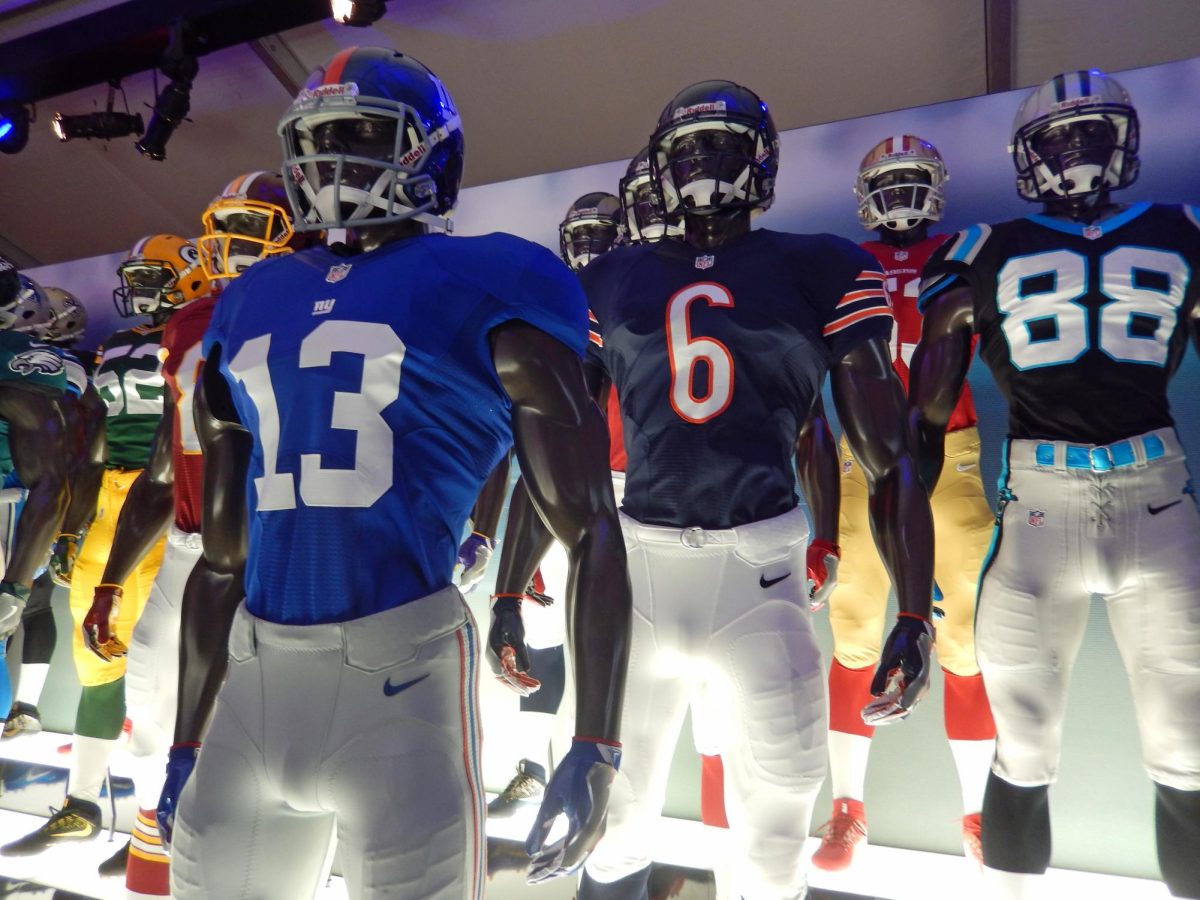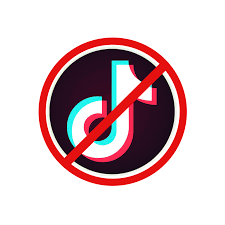TikTok, a popular social media platform with over 102 million monthly users in the U.S. alone, is once again facing legal scrutiny. The House of Representatives has approved a bill requiring the app, which features short videos in a swipe-able interface, to either be divested from ByteDance, its Beijing-based owner, or face a nationwide ban (352-65). Here’s what to know about the bill.
Why is there a push to ban TikTok?
The battle to limit TikTok has been ongoing for years. In 2020, former President Donald Trump attempted to ban it through an executive order but was unsuccessful after TikTok sued.
The bill’s primary backers, Rep. Mike Gallagher (R-Wis.) and Raja Krishnamoorthi (D-Ill.), say the app poses “a grave threat to U.S. national security” because of its Chinese ownership. “TikTok is a threat to our national security because it is owned by ByteDance, which does the bidding of the Chinese Communist Party,” Gallagher said. The bill’s proponents say their objective is to rid TikTok of foreign control and influence on U.S. public opinion.
Opponents of the bill say banning TikTok would take away the freedom of expression of TikTok’s users. Warren Davidson (R-Ohio) states that he worries the bill could start a series of banning other services, such as Telegram or Tether, based on the same reasoning.
What does the bill mean?
The bill, called the Protecting Americans from Foreign Adversary Controlled Applications Act, requires that TikTok be divested from ByteDance within 180 days. In this case, divestment would most likely mean selling the app to a U.S.-based company. With the House of Representatives’ overwhelming approval vote, the bill now heads to the Senate. If it becomes a law and ByteDance refuses to sell TikTok, U.S.-based app stores will be prevented from providing TikTok to the public.
Will TikTok be banned soon?
The short answer is no. The bill will have to be approved by the Senate, then President Biden who has already stated he would sign it. If it becomes a law, ByteDance would then have 180 days to find a potential buyer. Only after this, if TikTok is not sold to a U.S.-based company, will the ban be implemented.
TikTok is also actively attempting to delay the proposal. The company’s spokesperson recently stated that the bill could be challenged on constitutional grounds, as the bill would strip millions of Americans of their right to free expression.
As of now, potential investors for the app include Microsoft and Oracle, but so far, ByteDance has shown little interest in divesting TikTok to either of these companies. Whether the ban will be implemented or not is up in the air, but for now, TikTok lives on.
































